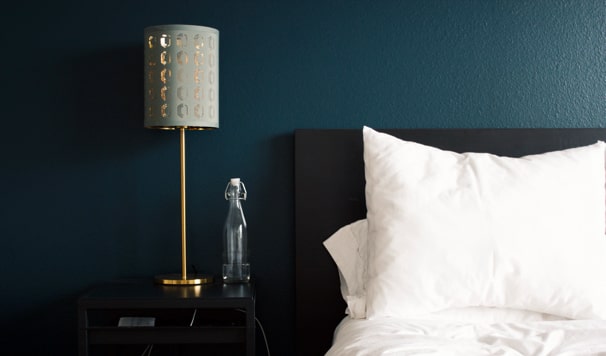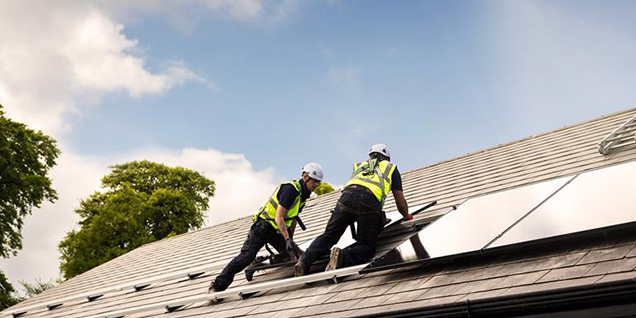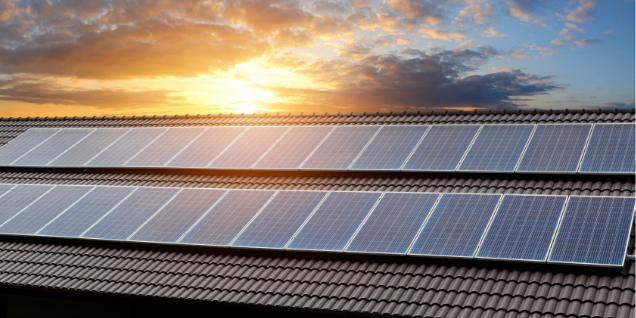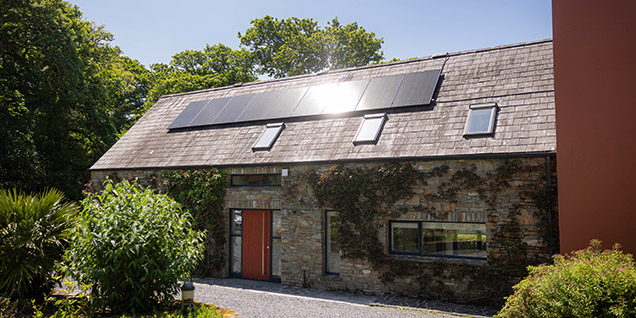6 Energy saving tips for hotels

Energy costs in a hotel can be difficult to manage. With large staffs, varying needs, and a wide variety of equipment, there is a lot of scope for waste but also a lot of opportunity to save on both costs and carbon emissions. Here are six tips to help you get started on reducing your energy usage and cutting your costs.
Ownership
Whatever industry you operate in, energy management initiatives need to be a company-wide effort that everyone can play a part in. In every sector and room of your hotel, there is the opportunity to be more efficient, save money and reduce your carbon footprint. Create ownership within each team, with the authority to make decisions for their sector. Involve and engage everyone in the business. The more your people are bought in, the better chance you have in making lasting changes to your usage.
Understanding your Bill
Knowledge is power. Know your tariff. Find the information you need to understand your bill and the charges listed. Research, understand and avail of cost saving opportunities in terms of equipment and from your provider. For example, you can get a reduced night rate (Nightsaver) to save money without compromising on service.
Monitor and review
Again, knowledge is power. Know your equipment and their energy ratings. Assess the cost of use against the cost of upgrade – an A-rated appliance, for example uses 55% less energy than a similar D-rated device. Become familiar with your energy usage by reading your meter daily for two weeks. With this new knowledge, speak to your provider to see if there are cost-saving products and tariffs available. Track your progress.
Lighting
Your biggest opportunity for improvements will be lighting, as it accounts for up to 40% of the average bill. Energy-saving lamps are 80% cheaper to use, last twice as long and provide the same light output, so it’s worth investing the upfront cost to upgrade all of your lights. Fit daylight controls and use movement sensors wherever possible, an empty room does not need to be lit. All businesses can save on lighting simply by reducing waste.
Light can also be an energy source. It’s worth looking into solar PV to offset your costs by generating your own electricity.
Upgrade and optimise
There are other opportunities to upgrade and optimise beyond lighting too. Replace older boilers with efficient condensing boilers, dispatch heating and cooling in economic order and decouple fresh air requirement from heating requirement. Link your heating controls to your booking system to keep everything efficient. Other options to consider include onsite generation, combined heat and power, and moving from dedicated DHW boiler to heat exchanger with LPHW.
Operational Changes
Look at how you are using your electricity day to day. Assess electrical equipment usage patterns in the premises, include all activities that use electricity. Would it be possible to reduce running hours of electrical equipment or change your schedule so that you use more at night instead? Perform regular Energy Audits – review lighting/equipment/heating and identify your areas of heavy use. Again, get people involved. Find sustainability champions throughout your business and help them to drive ongoing improvement.
There isn’t a single solution to cutting energy costs for a hotel. However, if you understand your needs, find opportunities for upgrades, and get your staff involved you will have made a good start.



